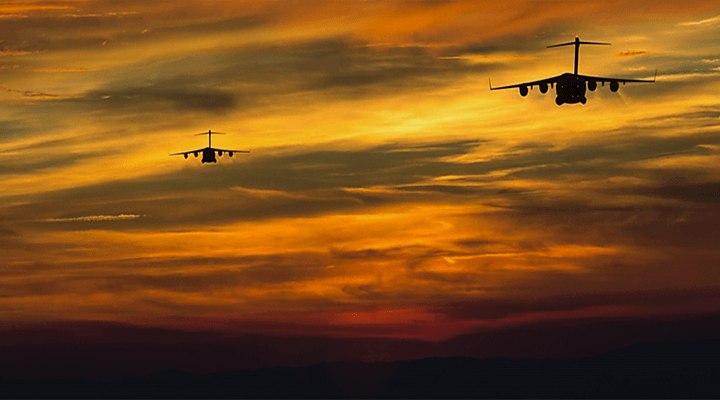President Trump faces a momentous decision. He has said he would make it Monday night “or very shortly thereafter.” Whenever he makes it, it has the potential to define his presidency.
Another syrian chemical attack
As you know by now, another Syrian chemical attack has killed as many as 60 civilians in the rebel-held city of Douma in the Eastern Ghouta suburb of Damascus. More than 500 people, most suffering from shortness of breath and burning eyes, many foaming a the mouth, have sought medical treatment, although in the words of the Syrian-American Medical Society, government shelling has “heavily [paralyzed] the medical capacity of the city.”
A year ago this week, the president ordered a strike on a Syrian airfield in response to a chemical weapons attack that killed at least 80 civilians. Those 59 cruise missiles damaged or destroyed between nine and 20 aircraft, depending on whether you believe the U.S. Central Command or Russia, but they clearly did not deter Syrian President Bashar al-Assad from further chemical attacks on his own people.
Trump has been accused of being many things, but “neocon” usually isn’t among the accusations. His populist, “America First” attitude isn’t isolationist, but it certainly isn’t interventionist. While he certainly likes the bravado of being able to boast of “knocking the hell out of ISIS” in Syria and Iraq, he’s not a long-term commitment kind of president. A little more than a week ago, he voiced his frustration with the U.S. mission, stating “We’ll be coming out of Syria, like, very soon.”
Assad now thinks he can prosecute his reign of terror without fear of a serious U.S. response. The president must prove him wrong.
Kenneth Roth, executive director of the NGO Human Rights Watch, rightfully pointed out that using chemical weapons in any context, but particularly against civilians, “is inherently a war crime.” Assad, along with his Russian and Iranian enablers, must be held to account.
why the u.s. must respond
Since 2012, the Assad regime has carried out more than 200 chemical weapons attacks, many on or close to civilian targets. They have been aided and abetted by Russia and Iran, who along with North Korea represent the three largest threats to American national security and world peace. The president did step out of this comfort zone Sunday morning, tweeting that “President Putin, Russia and Iran are responsible for backing Animal Assad.” In the first instance where he criticized the Russian president by name, Trump promised there would be a “big price to pay.”
I hope he means it.
It’s hard to figure what Assad was thinking; Trump signaled he wanted U.S. forces out of Syria, yet Assad launched another chemical attack on another civilian target, virtually guaranteeing that we’ll not only stay put, we’ll escalate. And the time for small measures is over. Assad must feel the pain.
The U.S. must deal a crippling blow to the Syrian military. The Trump administration should adopt the old air defense motto: “if it flies, it dies.” We must destroy every aircraft they have, preferably while they’re still on the ground; the U.S. and its allies must send any pilot brave enough to take a surviving aircraft into the air quickly back to earth in a ball of flame.
Some in Congress tried to insert a section into the most recent National Defense Authorization Act to cut-off funding for operations in Syria. The administration should interpret its defeat as tacit Congressional approval. Since the Russians will veto any United Nations Security Council resolution authorizing military action against the Assad regime, the U.S. should ignore it and act with our allies if possible, or unilaterally if necessary.
If need be, the Russians should feel some pain, too. Their farcical attempts to blame the attack on Syrian rebels was about as believable of a whiskey-soaked driver’s denial that he’s been driving drunk. As I wrote yesterday, the reaction to the Skripal assassination attempt has used up the last bit of Russian credibility among the international community. Their denials no longer mean anything.
If a few Russian aircraft get caught up in the confusion… oops. Call it a sanction.




